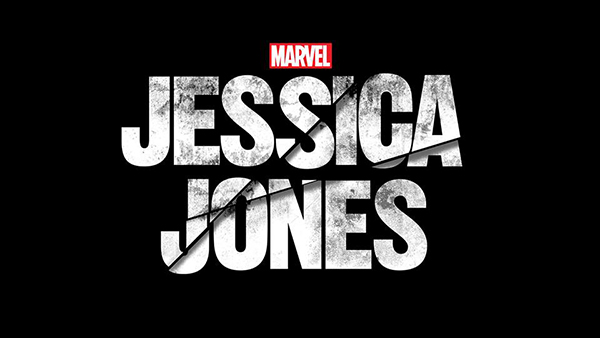Marvel’s ‘Jessica Jones’ is a new kind of superhero

All episodes of Marvel’s new Netflix original, “Jessica Jones” became available on Nov. 20.
November 23, 2015
Netflix released the second installment in their series of Marvel shows on Friday with “Jessica Jones.” This show, following the success of last year’s “Daredevil,” was heavily anticipated by longtime Marvel fans, and is part of a larger arc of Marvel content on Netflix. The show, based on the comic books of the same name, tells the story of a Posttraumatic Stress Disorder-ridden former superhero who now uses her super strength as a private investigator rather than as a public servant.
Krysten Ritter plays the titular character without the usual bravado of a superhero. Jessica is sarcastic, angry, and above all, broken. Jessica is recovering from abuse and attempting to work through her PTSD, shown brilliantly through stylized flashbacks. It is clear from the beginning that cookie cutter superhero missions aren’t what the show is going for; Jessica is more anti-hero than anything else. For instance, she makes her living primarily investigating people suspected of having affairs and she’s a borderline alcoholic. It’s at the heavier end of the spectrum for a superhero show, and it could very easily have turned too dramatic and ambitious. However, Ritter carries the show with ease. Her worries, pain and obsessions come off as natural and nuanced rather than forced.
The show’s biggest strength as a show is that it is truly a detective noir specifically for adults. The show goes dark and deep, covering rape, emotional abuse and violence, topics that Marvel previously shied away from in their blockbusters “The Avengers” and “Spiderman.” However, the “Jessica Jones” comic books, which ran from 2001-2004, are just as dark as the Netflix series. For example, Jessica commits cold-blooded murder, which is shown in its entirety onscreen and in the comics. Villain Kilgrave (David Tennant) has the power to control the actions of others and uses it for truly disturbing ends. It doesn’t take long for the show to display the span of Kilgrave’s powers and how truly terrifying they can be. The show doesn’t stop itself from pushing into darkness, and because of that it is able to explore consequences of superpowers and the harm they could do if put in evil — and creative — hands.
The direction is clever, especially in prolonging the suspenseful moments of the show. The use of extended flashbacks expand by episode and are used to show how Jessica’s story intertwines with Kilgrave. This story-telling structure is one of the show’s biggest strenghts. It shows the audience the nature of the event without giving away the entire backstory, and maintains suspense while still providing reasonable motivation for the characters.
“Jessica Jones” is a smart, well-done detective noir that also happens to be a superhero narrative. It’s the superhero show for people who don’t like superheroes, or at least who can’t stomach the cheesy tone of an “Avengers” movie. In “Jessica Jones,” it’s not so much about saving the day, but saving others from the world of pain and trauma Jessica finds herself in. And because of that, the show can afford to look deeper, be darker and go to places that need 13 episodes to explore.
A version of this article appeared in the Nov. 23 print edition. Email Cece Charendoff at [email protected].














































































































































